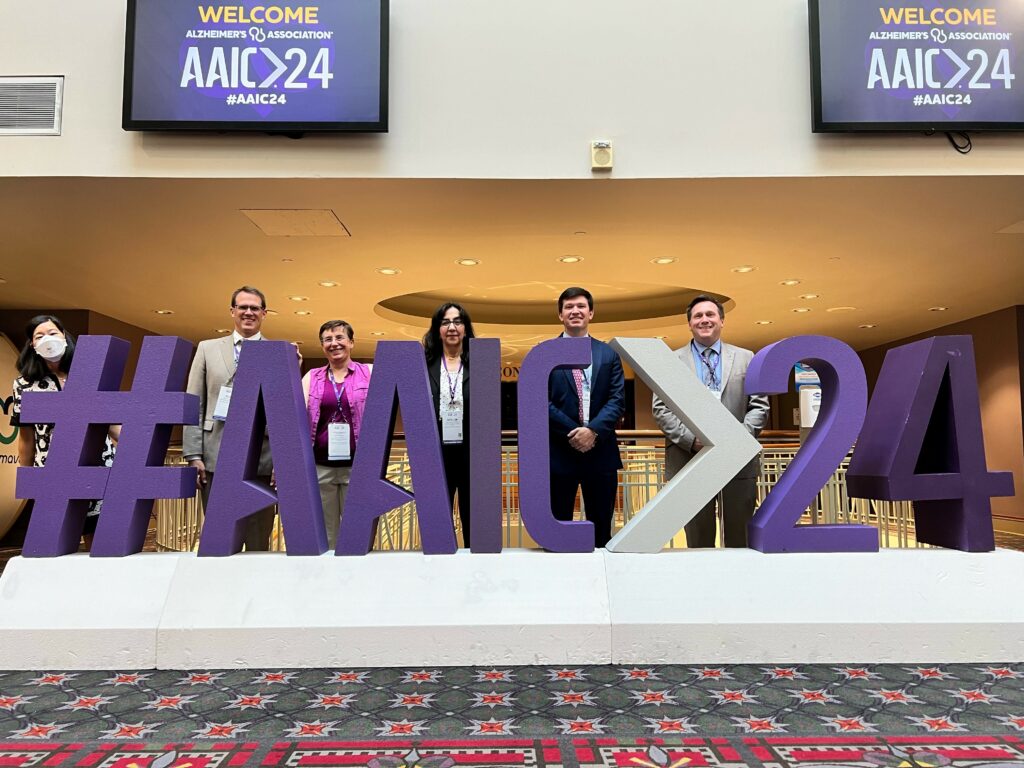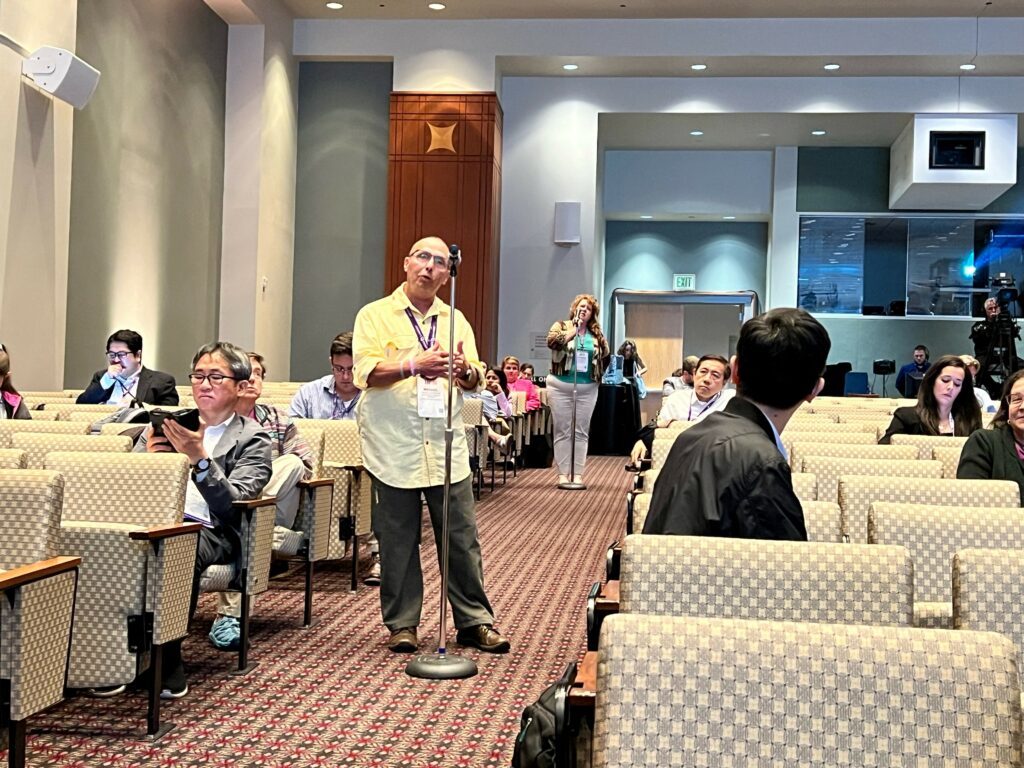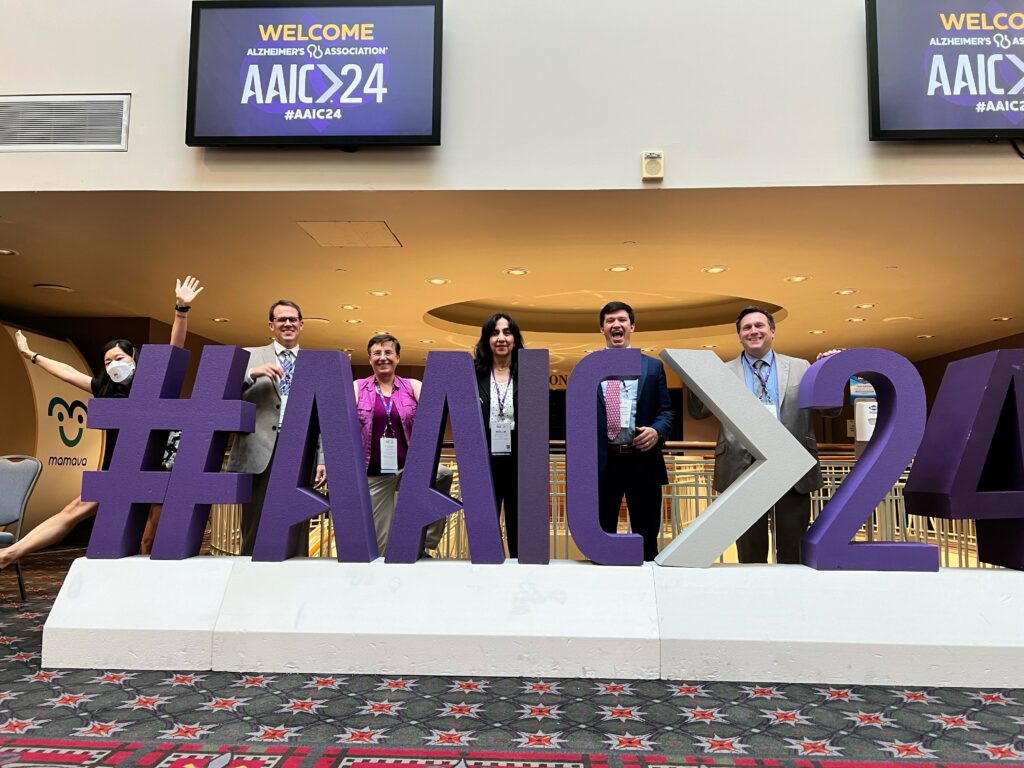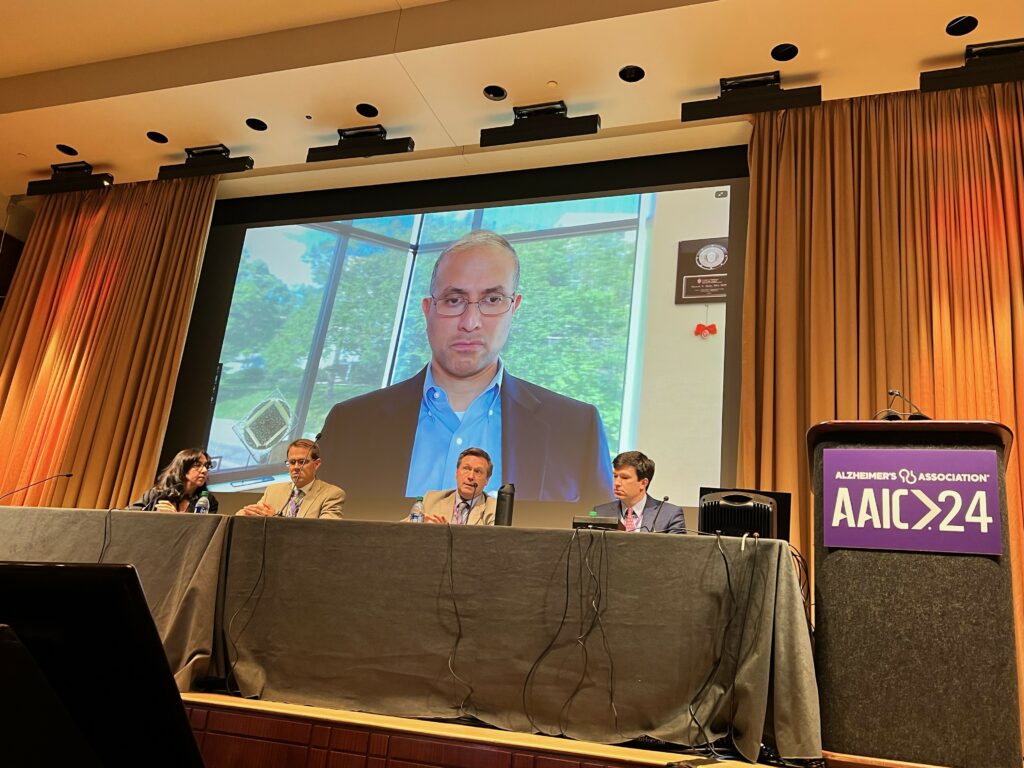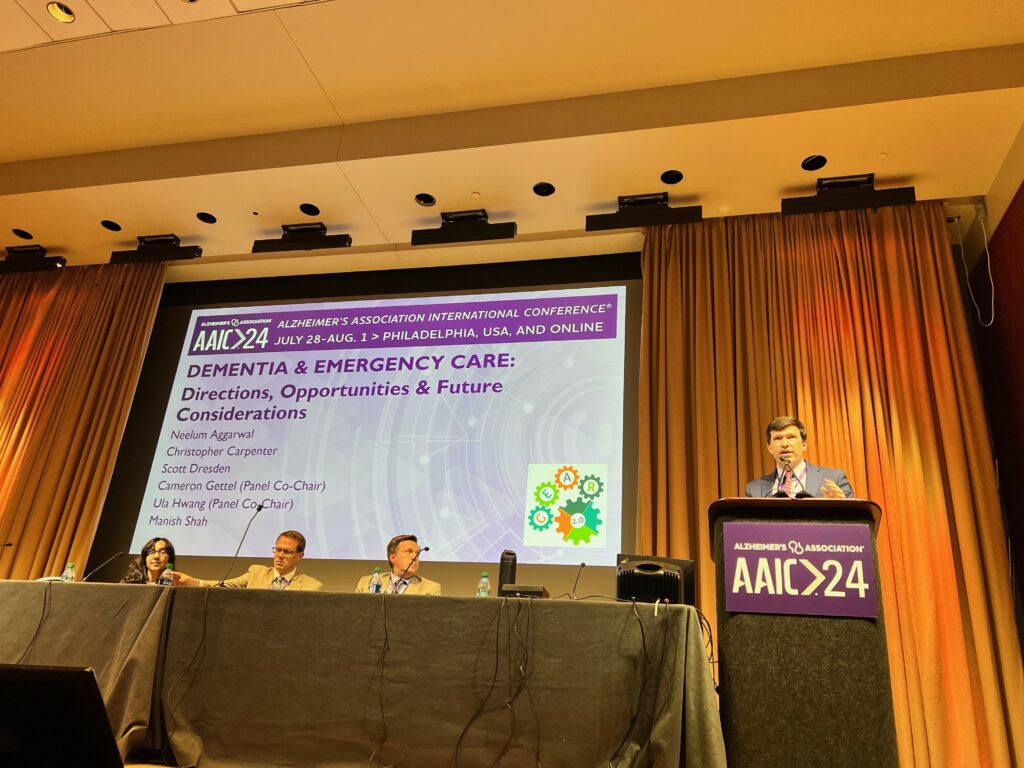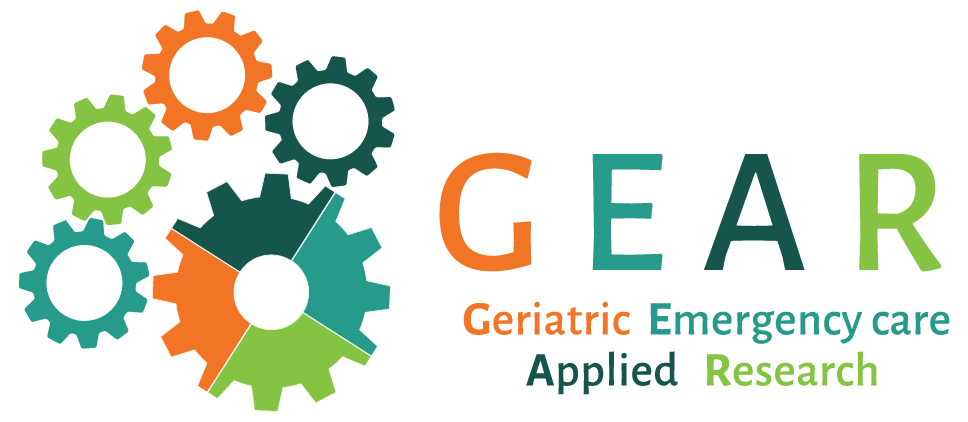About GEAR 2.0
THE GERIATRIC EMERGENCY CARE APPLIED RESEARCH NETWORK 2.0
Improving Emergency Care for People with Dementia
Older adults use the emergency department (ED) as an important source of acute medical care, making 20 million visits annually. People with dementia are twice as likely to use the ED and 1.5 times more likely to have an avoidable visit. When in the ED, they often struggle and are at greater risk of poor outcomes. However, little research has studied how to improve emergency clinical care for people with dementia. To address this gap, we must: 1) identify areas for improvement of emergency care for people with dementia and 2) develop and test strategies to improve the care delivered to this vulnerable population.
The Geriatric Emergency Care Applied Research Network 2.0 – Advancing Dementia Care (GEAR 2.0 ADC) is a National Institutes of Health funded program (Grant # R61AG069822) to advance the science supporting emergency care for people with dementia. It brings together key stakeholders from emergency medicine, geriatrics, nursing, and social work representing health care systems, clinicians, researchers, medical specialty organizations, advocacy organizations, caregivers, and, most importantly, people with dementia.
Together we will:
- Identify and prioritize research gaps in emergency care for people who have dementia (Phase 1, Year 1-2).
- Support research to improve emergency care for people who have dementia (Phase 2, Year 3-5).
How we will do this:
During Phase 1 (2020-2022), we will review the evidence supporting emergency care for people with dementia focusing in four specific areas: 1) emergency clinical care, 2) care transitions, 3) identifying ED patients who may have undiagnosed dementia or cognitive impairment, and 4) communication and decision making. We will convene a diverse task force of key stakeholders to develop consensus on the most important research questions related to each area. The stakeholders will include people with dementia and their caregivers, clinicians, medical specialty organizations, advocacy organizations, and hospitals and healthcare systems. The research priorities identified by these stakeholders will guide the funding opportunities that will be made available in Phase 2. During Phase 1, the organizational infrastructure for GEAR 2.0 ADC consisting of Administrative, Research, Data & Informatics, and Dissemination & Implementation Cores will be developed.
During Phase 2 (2022-2025), we will advance research in emergency care for people with dementia and their caregivers by competitively awarding $1.1 million in partnered research funding support to address research priorities identified during Phase 1.
GEAR 2.0 at AAIC25: Advancing Emergency Care of Persons Living with Dementia: A GEAR Network Immersive Workshop
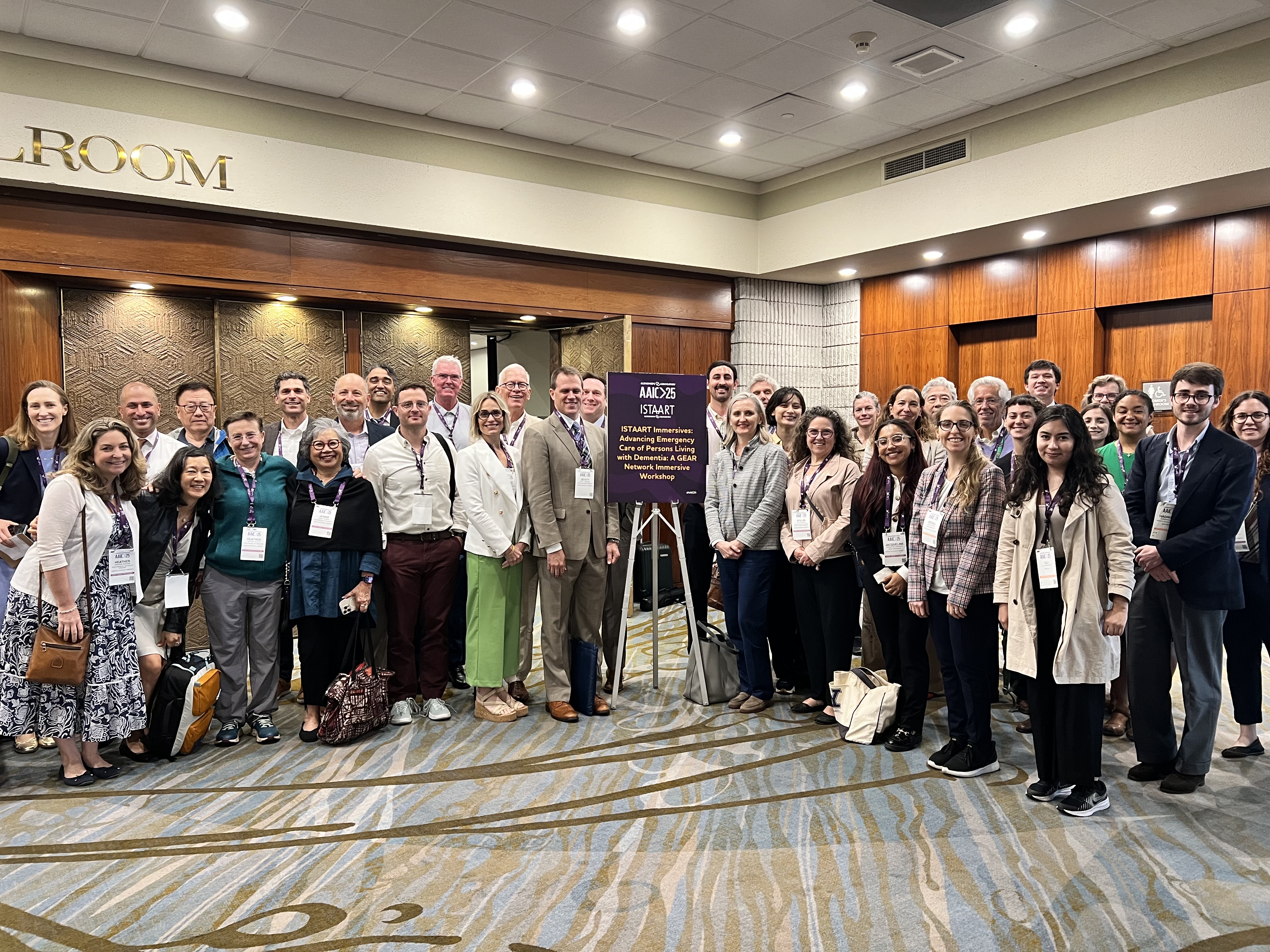
GEAR 2.0 Greetings from AAIC24!
